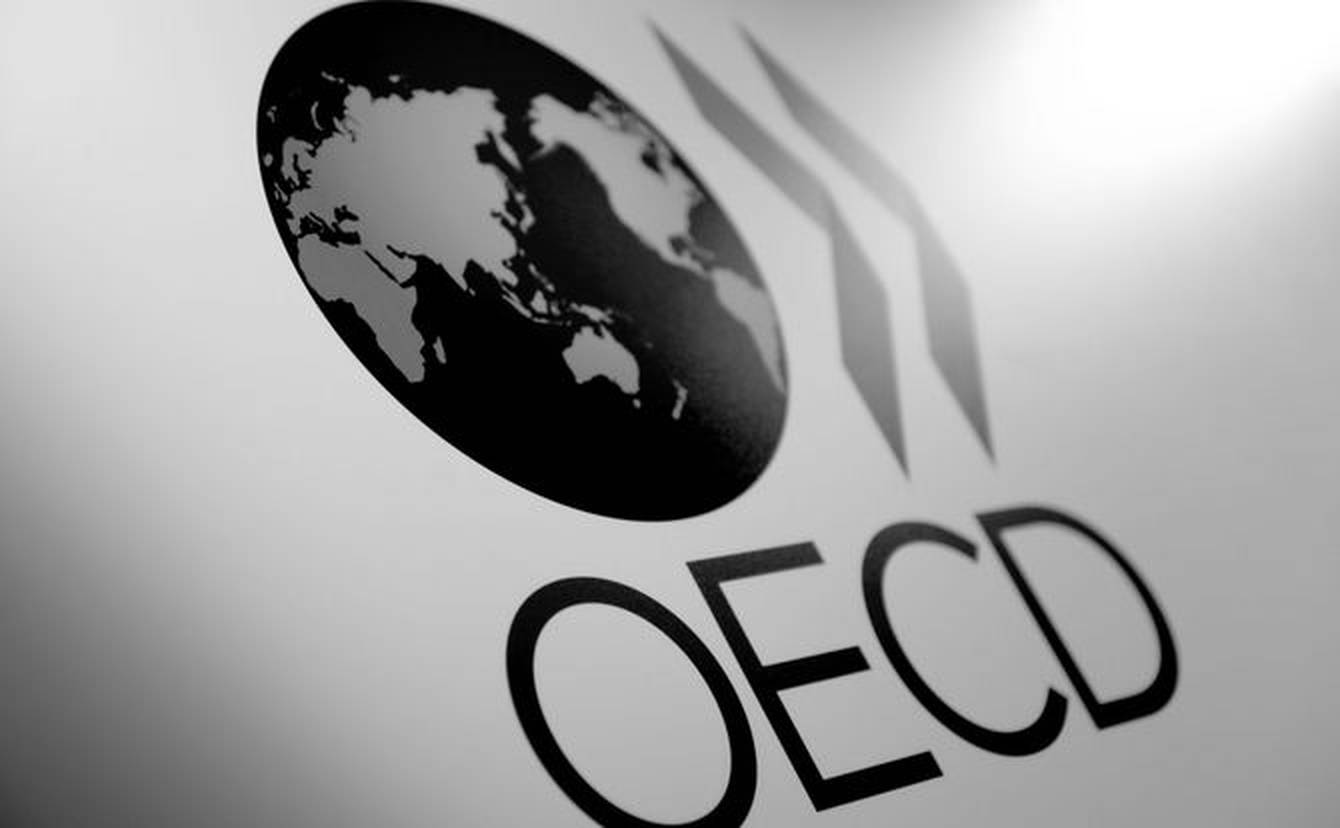

The Sultanate has deposited its instrument of ratification of the Multilateral Convention (MLI), thereby formally affirming its commitment to a global effort to combat tax avoidance by multinational corporations.
The announcement was made by the Organisation for Economic Cooperation and Development (OECD), an intergovernmental economic organisation, currently with 37 member countries, founded in 1961 to stimulate economic progress and world trade.
The Organisation had spearheaded the drafting of the Multilateral Convention to Implement Tax Treaty Related Measures to Prevent Base Erosion and Profit Shifting (Multilateral Instrument or MLI), a landmark initiative by countries to reduce any effort by multinational enterprises to engage in tax avoidance. The Convention entered into force on July 1, 2018.
“Today (July 7, 2020), Oman deposited its instrument of ratification for the Multilateral Convention to Implement Tax Treaty Related Measures to Prevent Base Erosion and Profit Shifting (Multilateral Convention or MLI) with the OECD’s Secretary-General, Angel Gurría, thus underlining its strong commitment to prevent the abuse of tax treaties and base erosion and profit shifting (BEPS) by multinational enterprises,” the OECD said in a statement.
“For Oman, the MLI will enter into force on 1 November 2020. With 94 jurisdictions currently covered by the MLI, today’s ratification by Oman now brings to 49 the number of jurisdictions which have ratified, accepted or approved it,” the Paris-headquartered international organisation noted.
Last November, the Sultanate became the 92nd tax jurisdiction globally to have formally signed the Multilateral Convention (MLI), a move described by tax experts as an affirmation of Oman’s commitment to tackling “tax treaty abuse, improve the coherence of international tax rules and ensure a more transparent tax environment”.
According to global professional services firm KPMG, MLI is a common agreement between various jurisdictions which allows them to swiftly integrate the BEPS inspired tax treaty changes into their existing networks of bilateral treaties.
“Such changes may cover a range of tax treaty matters, such as: treaty abuse, artificial avoidance of permanent establishment, hybrid mismatch arrangements, dispute resolution, dual residence, transparent entities, withholding taxes and capital gains tax. The MLI allows a signatory to indicate those of its treaties (referred to as Covered Tax Agreements or CTAs) to which the MLI shall apply,” the firm explained.
In a briefing to clients, KPMG described the signing of the Multilateral Convention as an important development for Oman’s tax treaty network. “Multinationals operating in Oman need to review their holding, financing and operational structures to ensure that they remain relevant in light of current and potential business needs and BEPS developments. New investments into, from or via Oman will need to take into account the expected changes,” the tax and audit services firm added.
Oman Observer is now on the WhatsApp channel. Click here



